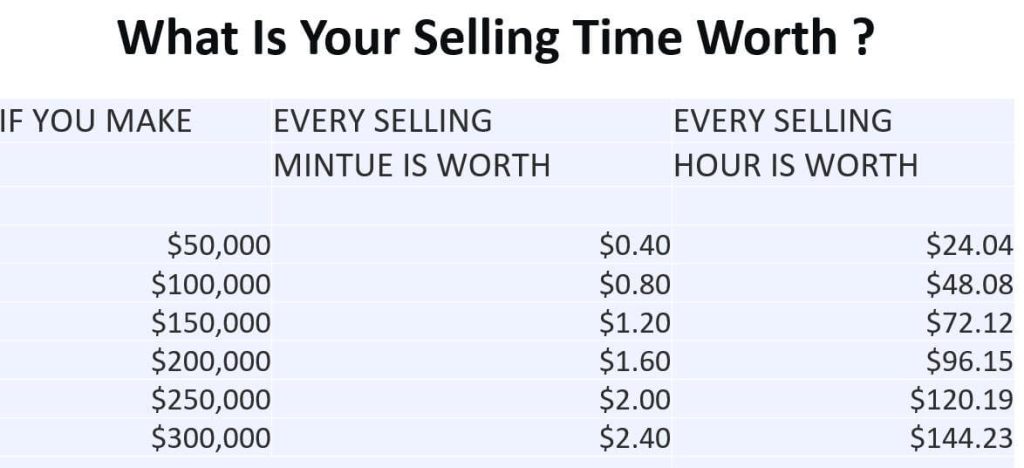If you want to make money, you have to spend money. It is one of the oldest adages out there when it comes to finance and business. While you could argue this could apply to anything valuable, it mostly applies to money as that is how we measure value.
However, with something truly valuable, like our time, you won’t get any more time back by investing time into something. In fact, the only thing you’ll get is money and the chance of perhaps getting some more free time, but that is never a guarantee. Thus, our time is absolutely precious and should be used wisely.
However, nobody can truly manage time, as it is not something we can control, it will keep going whether we’re ready or not. The only thing we have control over is ourselves and manage what we do in the time that is afforded to us. By developing a firm understanding of how much your time is worth and how to use that time, you can make wiser decisions and possibly become more successful in the long run. Read on to learn what your selling time is worth.
What Your Time Is Worth
There are 24 hours in a day or 1,440 minutes. One percent of that time is 14 minutes and 24 seconds. On average, we spend about a third of that time sleeping and another 33% of the day at work. While this may seem like an over-simplification of how time works, there is value in understanding how much time we spend on things.
With any job, even if you love it and would do it for free, there is going to be something about it you hate. Even if it is a minor detail and doing it would help your career in the long run, there is always going to be a strong temptation to procrastinate and delay doing it for as long as you possibly can. If this is the case for you, perhaps a change of perspective will make it easier for you to be enthusiastic about the offending task.
Say there’s a tedious chore you need to do that takes about half an hour a day to complete. Such an expenditure of time might seem like a lot until you realize that it’s only about 2% of your day. It is time that you will barely miss as you still have the other 98% of the day to spend on things you enjoy. It also doesn’t have to be done all at once, as you could split it into two or three separate sessions.
This perspective not only makes these kinds of tasks a lot more manageable but allows you to have a better understanding about how much time you spend on something. In this instance, while 2% of your day may not seem like a lot, that time is still worth something, and that time does add up.
If you look at how much money you earn a year and how much time you spend on earning that money, you will develop a keen understanding of the exact value of your time. If you refer to the graph below, you can clearly see the connection between how much time you spend on your job in total and how much money that time is giving you based on 40 hours a week.

Knowing this will help you understand that the task you hate doing has value. If you make $50,000 a year, 2% of your day is worth $12. It is important to understand that all of your time is valuable even if you are not actually being paid to complete that task.
Know How Not To Waste Time
On the flipside, knowing this shows how important it is not to waste time including that of others who may make a lot more money than you, for example, CEOs. If every hour of your time is worth $24, an hour of a CEO’s time could be worth four or five times as much. You do not want to be thought of as a time waster by those people!
If you are wasting their time, you are costing them money. And, as the old saying goes: “Time is money!” By using your new understanding of the value of every minute, you will stop procrastinating and save yourself – and others – a lot of money!







